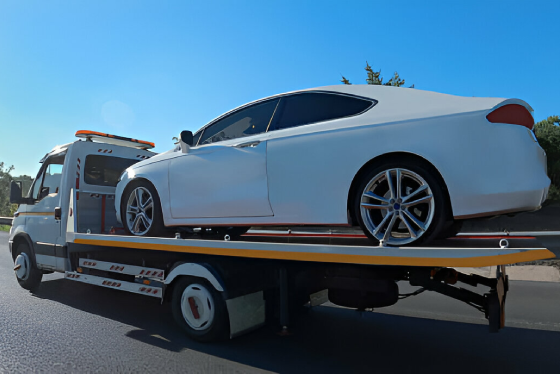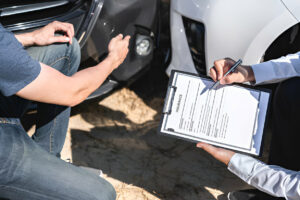Vehicle storage is a specialized unit designed to provide shelter and protection for cars and other vehicles. It functions similarly to a garage or a rented parking space within a storage facility. Depending on the storage company and the type of unit selected, vehicle storage offers several benefits, including on-site security with gated access and climate control.
Types of Vehicle Storage
There are four main types of vehicle storage units:
Parking Spaces: Open-air parking within a secure facility.
Covered Spaces: Partially sheltered parking to protect against weather conditions.
Shared Indoor Storage: Enclosed storage is shared with other vehicles.
Personal Units: Private, enclosed units offering maximum protection.
Each type varies in cost and features, so choosing the right option is essential, especially for valuable or classic vehicles.
Benefits of Vehicle Storage
Using a vehicle storage facility provides numerous advantages, including convenience, security, and protection from environmental damage.
Easy Accessibility: Most storage facilities offer 24/7 access, allowing you to retrieve your vehicle anytime. This can be particularly useful if you travel frequently or need flexible access to your car.
Enhanced Protection: Storage facilities often feature security measures such as gated entry, surveillance cameras, and on-site guards, reducing the risk of theft and vandalism.
Climate-Controlled Storage: Some units provide climate control to protect against temperature fluctuations and humidity. This is particularly important for classic or luxury vehicles with sensitive paintwork and interiors.
Maintenance and Preservation: Storing your vehicle in a secure unit helps prevent sun exposure, rust, and corrosion damage. Proper storage ensures that essential components remain in good condition for long-term use.
Regular Vehicle Maintenance: Many storage facilities offer maintenance services, such as battery charging and tyre pressure checks. These services ensure that your vehicle is ready to use when you retrieve it.
Lower Insurance Premiums: Storing your vehicle in a secure facility can reduce insurance costs. Some insurers offer discounts for vehicles stored in monitored locations, as they pose a lower theft or damage risk.
Cost-Effective Solutions: Vehicle storage options are available for different budgets and needs, whether for short-term or long-term use.
Flexible Storage Durations: Most facilities offer short-term and long-term storage plans, allowing you to choose the option that best suits your needs.
Valet Services: Many facilities provide drive-in access, making it easy to drop off or pick up your vehicle. Some even offer valet services, allowing staff to park your car for you.
Protection from Environmental Damage: Your vehicle will be safeguarded against natural disasters such as hurricanes, floods, and hailstorms, which are major causes of damage to vehicles left outdoors.
Cost of Vehicle Storage
The cost of vehicle storage varies based on the unit type, the facility, and the duration of storage.
Preparing Your Vehicle for Storage
Basic Maintenance Checks
Before storing your vehicle, conduct essential maintenance, including:
Checking coolant levels and tyre pressure.
Changing the oil and filter to prevent engine damage.
Cleaning Your Vehicle
Dirt and dust left on your vehicle can cause paint deterioration. Clean the exterior and interior to prevent damage and remove any food or debris that could attract pests.
Vehicle Towing and Insurance Considerations
Understanding Towing Costs
If your vehicle is towed after an accident, it’s essential to understand your rights and responsibilities. Towing charges can accumulate quickly, and you may not be able to retrieve your vehicle until the fees are settled.
Insurance Coverage: Depending on your policy, your insurer may cover towing fees after an accident. If you don’t have comprehensive coverage, you may need to pay for towing and repairs yourself.
Alternate Transportation: After an accident, you’ll need transportation to your home or a car hire company. Ride-sharing services, taxis, or police assistance may be available.
Insurance Policy Review: If you’ve been in a traffic accident, check your policy for roadside assistance coverage and towing benefits. Many policies cover towing costs, regardless of fault.
SORN Explained
If you plan to store a vehicle, you may need to declare a Statutory Off-Road Notification (SORN) to the Driver and Vehicle Licensing Agency (DVLA).
A SORN informs the DVLA that your vehicle will not be used off-road. This is crucial for compliance, as keeping a car off-road without a SORN could result in penalties.
Secure Vehicle Storage with Accident Claims Assist
For peace of mind and secure vehicle storage, Accident Claims Assist offers reliable storage solutions for both short-term and long-term needs.
Call us today to find the right storage option for your vehicle!






